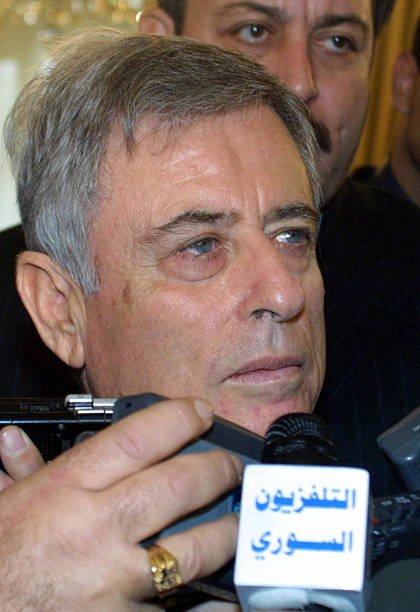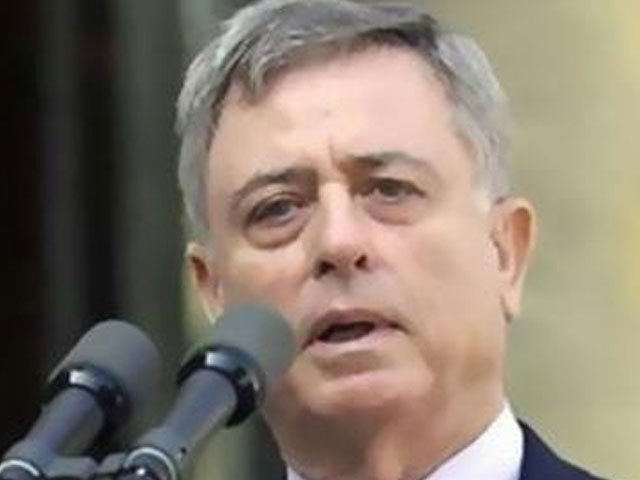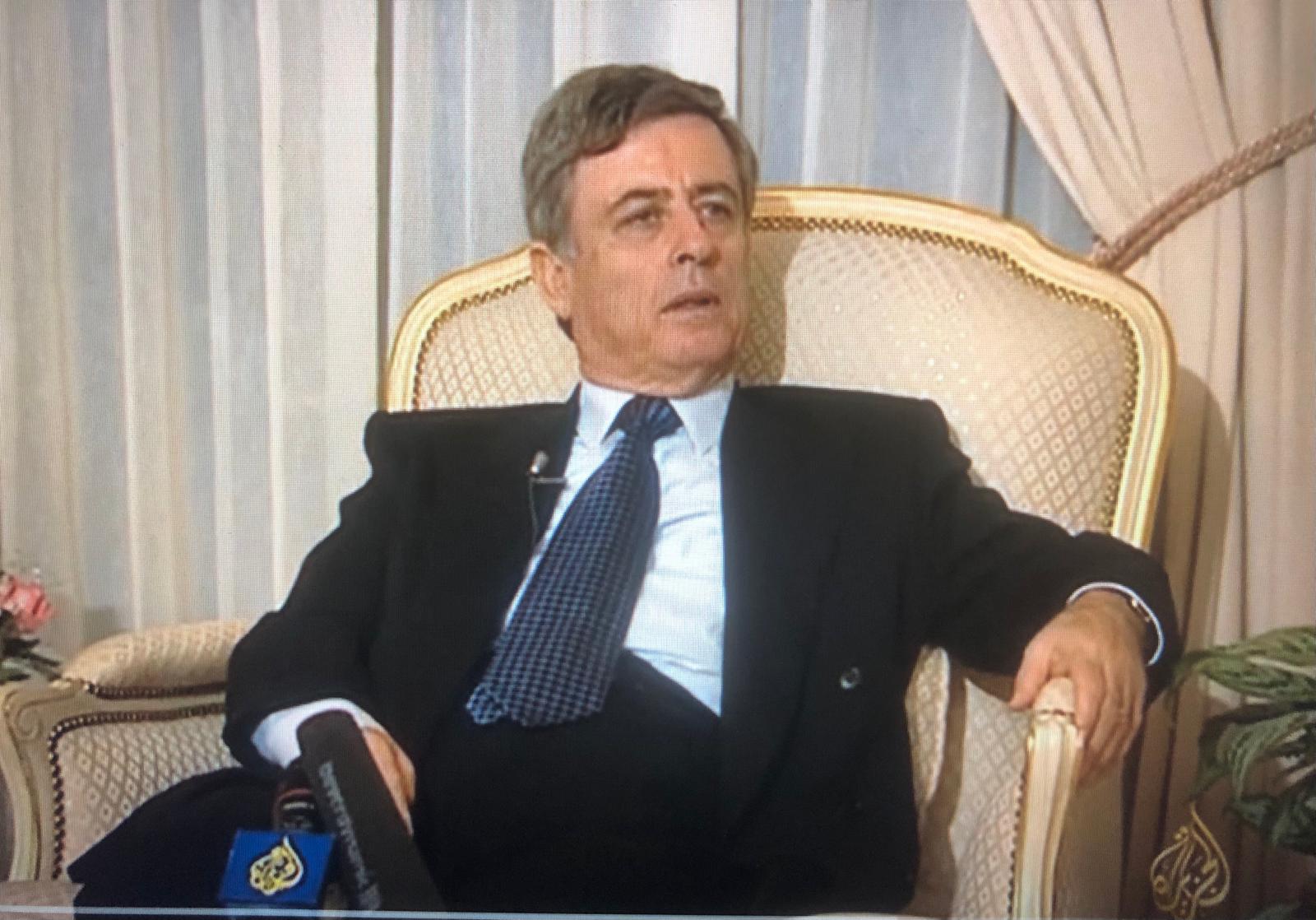The Syrian Vice President, Abdul-Halim Khaddam, has affirmed that his country’s stance regarding the sanctions imposed on Iraq has not changed, urging the lifting of these sanctions. Details with our correspondent in Damascus, Rizk Al-Ghawi.
Syrian Vice President Abdul-Halim Khaddam expressed his country’s concern about the current situation in Iraq, resulting from the sanctions imposed on Iraq and the possibility of it facing external aggression and its refusal of any action against Baghdad. Khaddam said in a press conference held last night that the issue of the siege on Iraq, the imposed sanctions, and the rumors of possible future attacks are not only a concern for Syria but also for the Arab arena as a whole.
The Syrian Vice President reiterated his country’s position regarding these sanctions, rejecting any aggression against Iraq. He stated that Syria’s stance on this matter is clear, expressing his belief that there is almost Arab consensus on this position, which calls for the lifting of the siege on Iraq and rejecting any action against it.
In his remarks, Khaddam condemned what happened in New York and Washington, considering it an attack on thousands of people who have no connection to the events. He viewed the events as the beginning of a new world war in New York and Washington, with no certainty about when it will end. He saw what happened there as the start of a war against an unknown enemy.
Khaddam described UN Security Council Resolution 1373 on counter-terrorism as a dangerous and unprecedented international state of emergency law that limits the sovereignty of states, placing them all under the guardianship of the Security Council and some of its members. He argued that it opens the door to multiple wars.
The Syrian Vice President considered that this resolution provides Israel with cover to strike any Arab country under the pretext of counter-terrorism, granting it the right to use force under the umbrella of international legitimacy. Khaddam expressed regret that the United States considers resistance operations as terrorist acts, rejecting Washington’s new terrorism regulations and accusing the United States of being illogical with itself.
Khaddam stated that no one can compel Syria to provide voluntary services to Israel, pointing to Washington’s recognition of Lebanese resistance after the formation of the monitoring committee following Israel’s anger operations against southern Lebanon in 1996.
The Syrian Vice President ruled out any military action against Syria and Lebanon, considering that such an action would negatively impact the entire region. He affirmed that if threats turn into actions, Syria will defend itself efficiently, utilizing all its available resources.



